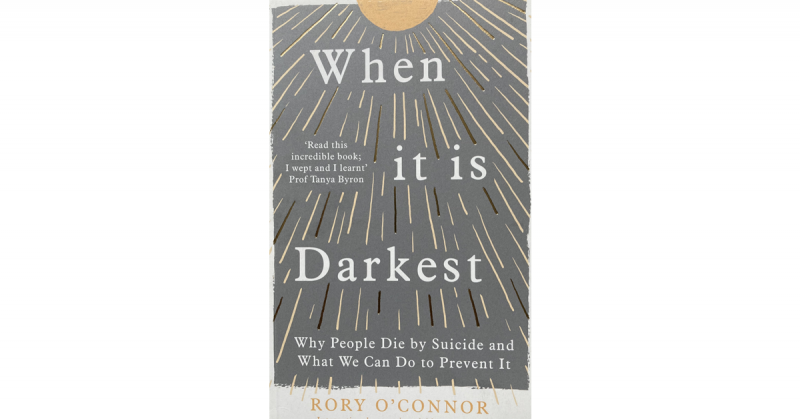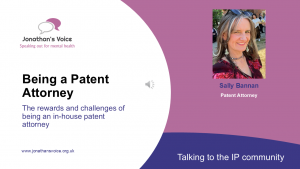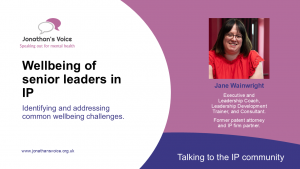Professor Rory O’Connor is Director of the Suicidal Behaviour Research lab at the University of Glasgow. He has recently published a book, “When It Is Darkest: Why people die by suicide and what we can do to prevent it”.
Rory was interviewed for an article, published in “the Psychologist”, which asked him about his work. A very small section of that interview is below. The full interview can be accessed here https://thepsychologist.bps.org.uk/volume-34/june-2021/even-bleakest-moments-are-not-permanent
Rory was asked about the choice of the title of his book and explained, “It’s trying to help people recognise what it feels like to be suicidal and understand the darkness that people who are suicidal often feel. We all have our own experiences: either having suicidal thoughts ourselves, or people we know have been suicidal or died by suicide. I am hoping that the book will help people understand this really complex phenomenon, but also what we can do to help; the evidence for what every one of us can do, not just clinicians.
For example, if you’re concerned about somebody, then ask them directly whether they’re suicidal or not and try to engage them in a conversation. Of course this is a scary thing to do. But what I try to do with the book is to talk people through the complex set of factors that lead to suicide, as well as helping people to ask those difficult questions. I also provide some guidance on how we can keep people safe in terms of safety planning, as well as other interventions and supports.”
He continues, “I’ve been working in this area for 25 years, and definitely when I started out people were so frightened to engage with the topic… there was that fear, that myth that if you ask the question, you’re planting it into somebody’s head. And I would say in the last 10 or 15 years, the field has demonstrated not only that asking those questions does not cause harm, but actually there’s evidence that they can get people the help they require. They start the conversation which will hopefully then lead to support”.
So we can be reassured that asking people they have suicidal feelings will not cause harm but can be a way towards a person getting help.
Jonathan’s Voice is honoured to be supporting the work of the Suicidal Research Lab and is part funding the research of Susie Bennett, “Understanding Male Suicide”.









